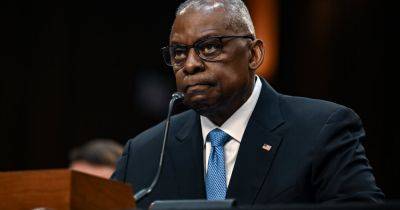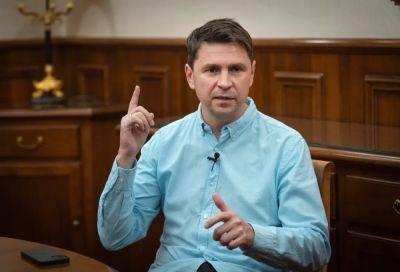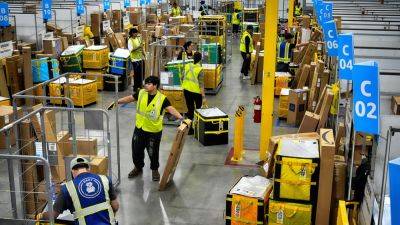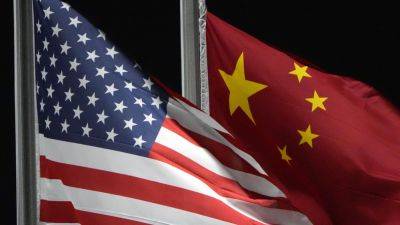Russia’s economy is struggling from sanctions, western officials say. Here’s why
Russia’s economy is showing signs of strain amid high inflation and a tightening labour market, which G7 and European officials say is proof that western sanctions over the war in Ukraine are working.
The Central Bank of Russia, which is independent from the government, delivered a new warning on Friday. The bank’s governor Elvira Nabiullina said the economy remained “substantially overheated,” after members raised its key interest rate to 18 per cent — the highest level in over two years — and said annual inflation has risen to nine per cent.
“For inflation to begin decreasing again, monetary policy needs to be tightened further,” the bank said in a statement, hinting at even more rate hikes.
The rate decision came days after eight European finance ministers wrote in The Guardian this week that Russia was experiencing what they called a “re-Sovietization of the economy.” They said reports of GDP growth, which the Kremlin has touted as proof the economy is thriving, only tell one side of the story.
“When taking a closer look at the signals, it becomes clear that everything is not as rosy with the Russian economy as Moscow would have us believe,” the article attributed to the finance ministers from Sweden, Denmark, Estonia, Finland, Latvia, Lithuania, Netherlands and Poland says.
The ministers said Russia has had to tap into its liquid national wealth fund assets, valued at US$55 billion as of April 1 by Russia’s finance ministry, to fund its war industry, which has become central to the national economy. But finance ministry data shows that value has plunged by nearly 50 per cent, from US$104.7 billion before the war, Bloomberg reported.
Finland’s central bank reported in May that Russia’s spending and output in the military







